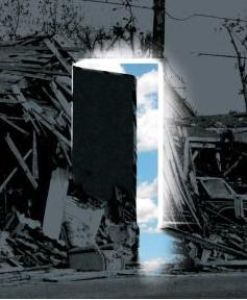Join getAbstract to access the summary!

Join getAbstract to access the summary!
Malcolm Gladwell
Starting Over
Many Katrina Victims Left New Orleans for Good. What Can We Learn from Them?
The New Yorker, 2015
What's inside?
Social science researchers conclude that making a clean break from dysfunctional neighborhoods can improve people’s prospects.
Recommendation
A decade ago in 2005, Hurricane Katrina rained death and destruction on New Orleans, disproportionately affecting poor African-American neighborhoods. Forced to flee their homes, many of these residents decided to leave their dysfunctional neighborhoods for good. This exodus set up a rare “natural experiment” for examination: How does where you live determine how you end up in life? In this award-winning essay for The New Yorker, best-selling author Malcolm Gladwell reveals how people who make a clean break from dysfunctional environments can improve their chances for upward mobility. getAbstract recommends his essay to social scientists, policy makers, business developers and city planners interested in the connections between social environments and personal outcomes.
Summary
About the Author
Malcolm Gladwell is a journalist and best-selling author of such books as The Tipping Point and Blink. He has been a staff writer for The New Yorker since 1996.




















Comment on this summary